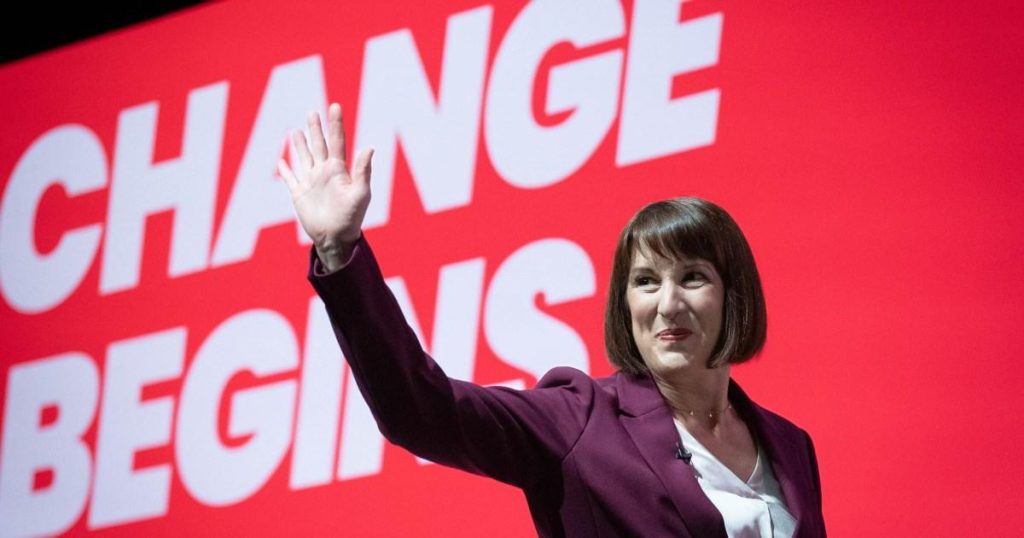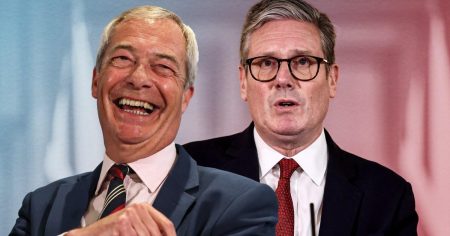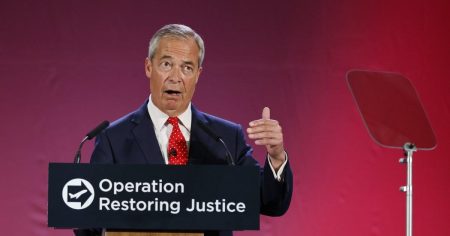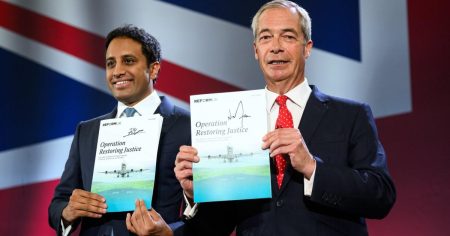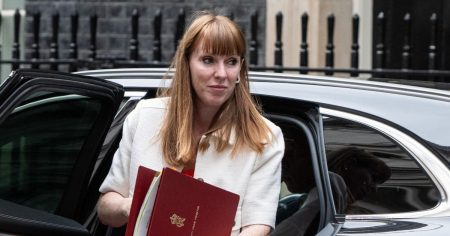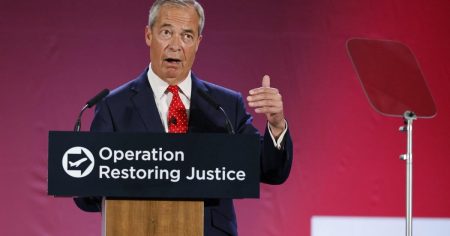Rachel Reeves, the UK’s first female Chancellor of the Exchequer, assumed office following Labour’s general election victory in July 2024. Her appointment marked a significant milestone in British politics. Reeves, born in 1979 to primary school teachers, embarked on a path that led her from a state school education to Oxford University, where she studied Philosophy, Politics, and Economics. Her academic pursuits continued with a master’s degree from the London School of Economics. Reeves’ professional career began at the Bank of England, followed by a stint at HBOS during the tumultuous period of the 2008 financial crash. These experiences provided her with valuable insights into the workings of the financial world, shaping her perspective as she transitioned into the political arena.
Reeves’ political career began in 2010 when she was elected as the Member of Parliament for Leeds West. Her rise within the Labour Party was swift, gaining recognition for her sharp intellect and policy expertise. After only 18 months in Parliament, she was appointed shadow chief secretary to the Treasury, a crucial role in scrutinizing government spending. Under Ed Miliband’s leadership, she served as shadow work and pensions secretary. During Jeremy Corbyn’s tenure, Reeves remained on the backbenches but chaired the influential Business and Trade Select Committee. Her return to the shadow cabinet came in 2020 under Keir Starmer, initially as shadow chancellor of the duchy of Lancaster and later, in 2021, as shadow chancellor. In this role, Reeves adopted a fiscally cautious approach, emphasizing responsible economic management and rebuilding trust with the business community. She consistently criticized the economic policies of Conservative governments, particularly Liz Truss’s mini-budget, which caused significant market turmoil.
Reeves’ first budget as Chancellor, unveiled in the autumn of 2024, outlined £40 billion in tax increases. This move, described as necessary to address a “black hole” in the nation’s finances, reflects the challenging economic landscape inherited by the new Labour government. Among the measures implemented was the scrapping of the winter fuel allowance for pensioners not receiving specific benefits, impacting over nine million individuals. This decision underscores the difficult choices faced by Reeves in balancing the budget while protecting vulnerable populations. Her budget proposals sparked debate and scrutiny, setting the stage for ongoing discussions about the country’s economic future.
Beyond her professional achievements, Reeves’ personal life provides further context to her journey. She is married to Nicholas Joicey, a senior civil servant with a long and distinguished career in government. They have two children, Anna and Harold. Reeves also shares a close bond with her younger sister, Ellie Reeves, who is also a Labour MP and serves as the chair of the Labour Party. The sisters’ shared political interests and commitment to public service reflect a strong family dynamic rooted in social consciousness.
Reeves’ background, career trajectory, and policy decisions highlight her commitment to fiscal responsibility and social welfare. Her upbringing, education, and professional experiences have shaped her approach to economic policy, emphasizing the importance of sound financial management and addressing social inequalities. As the UK navigates complex economic challenges, Reeves’ leadership as Chancellor will undoubtedly continue to shape the country’s financial landscape and impact the lives of its citizens.
Finally, a recurring anecdote about Reeves often mentioned in the media is her supposed prowess as a chess champion during her school years. While this claim has been repeated frequently, research indicates it may be an exaggeration. Reeves did participate in chess tournaments as a youngster, but records show she did not achieve championship status. This minor detail, while perhaps insignificant in the grand scheme of her accomplishments, serves as a reminder of the importance of verifying information and focusing on the substantial contributions individuals make rather than relying on embellished narratives. Reeves’ true strength lies not in a game of strategy, but in her dedication to public service and her ability to navigate the complexities of national economic policy.





